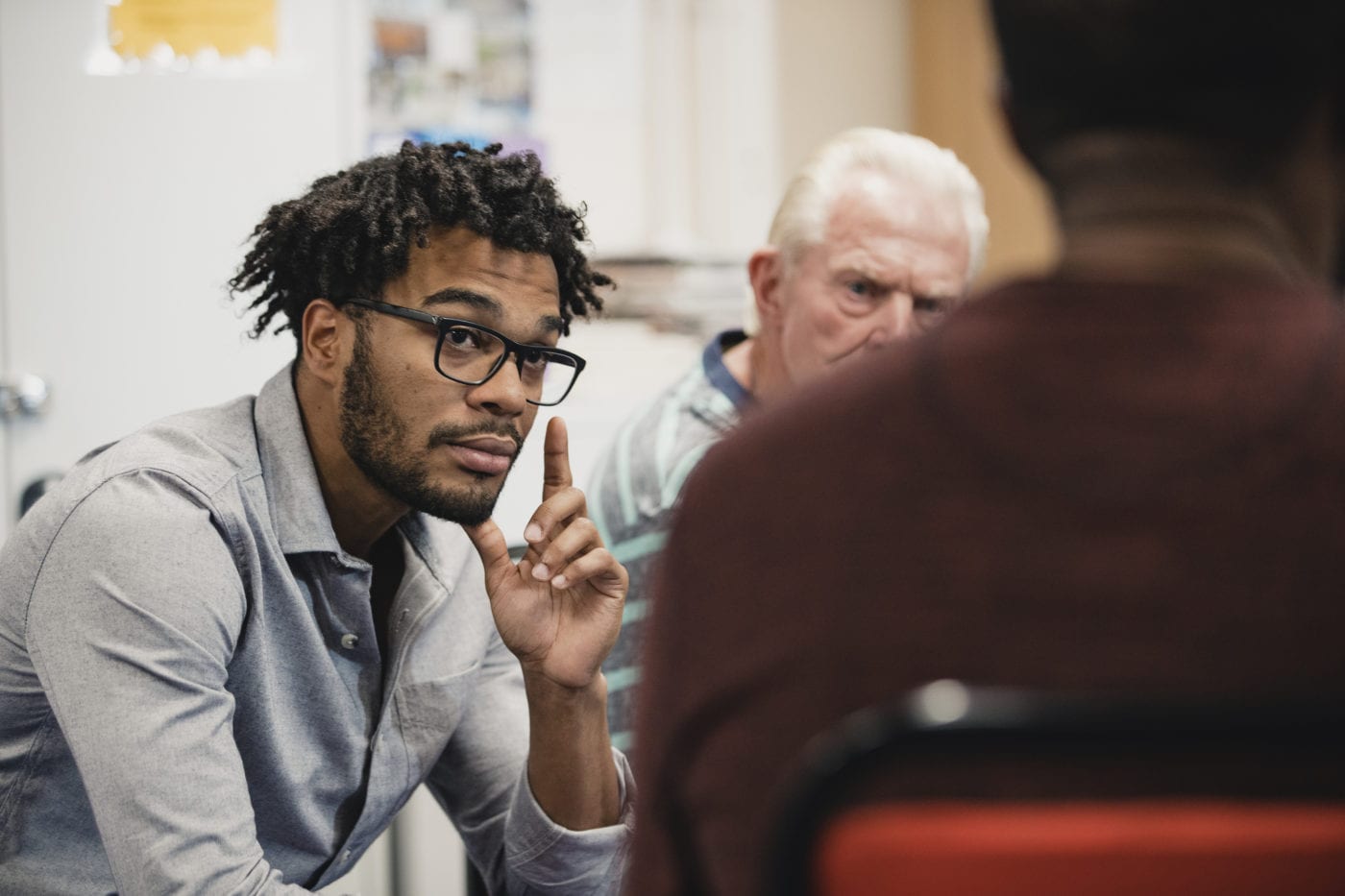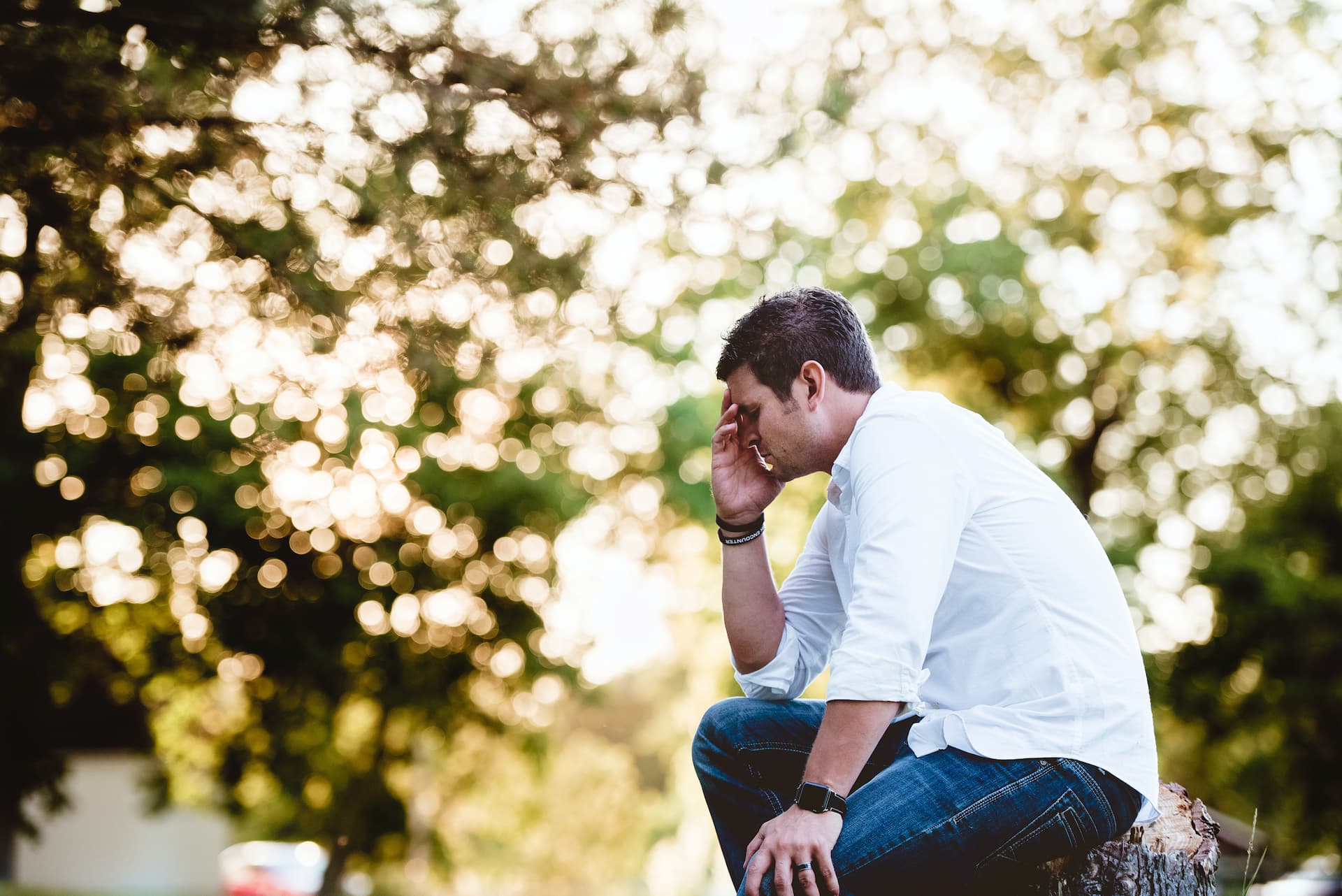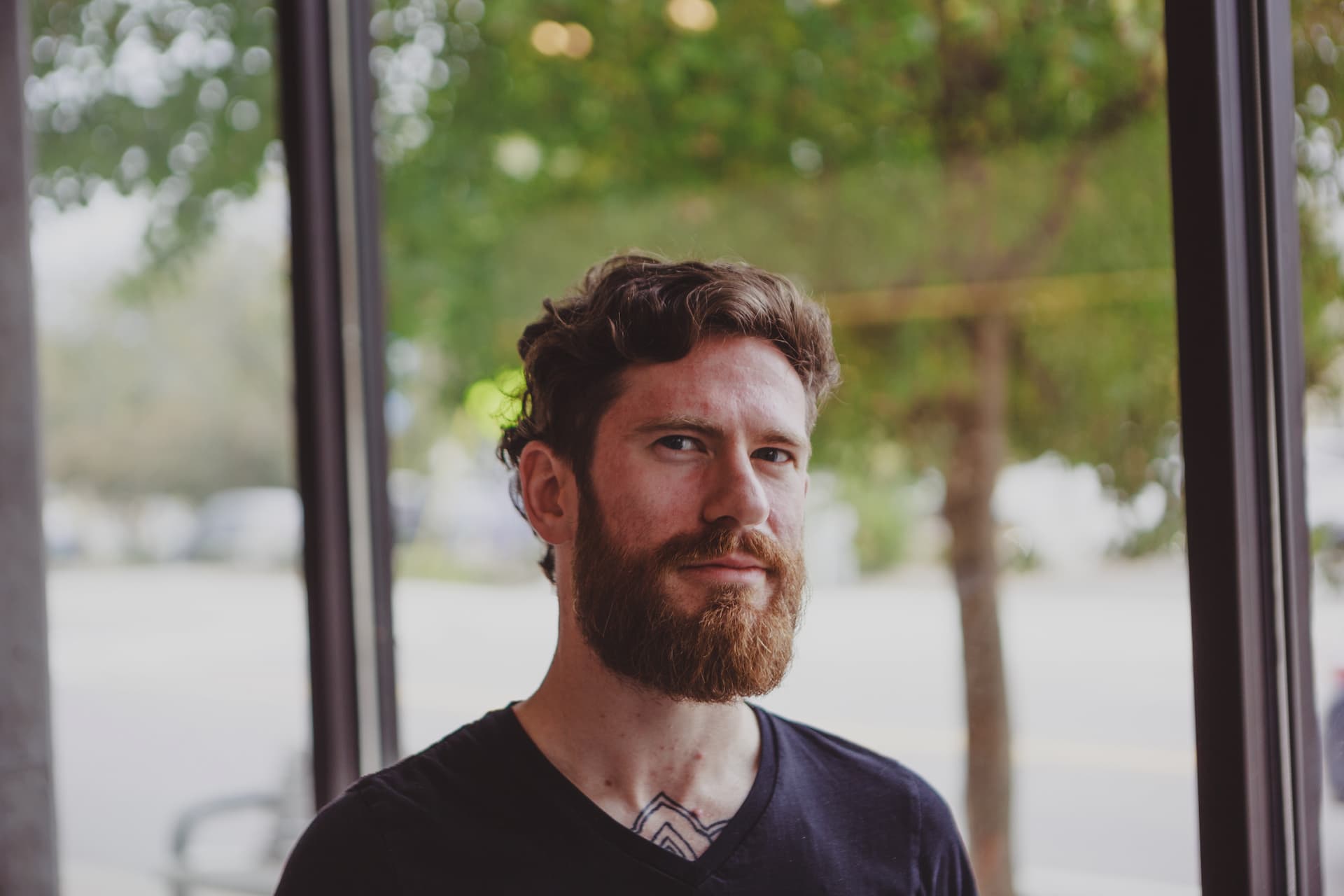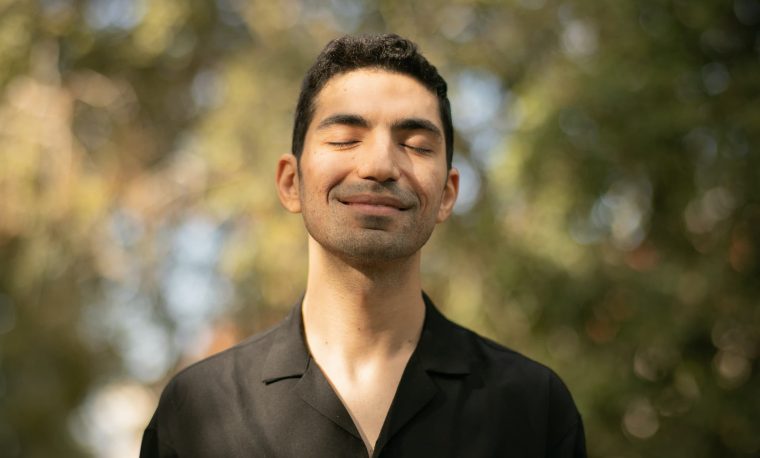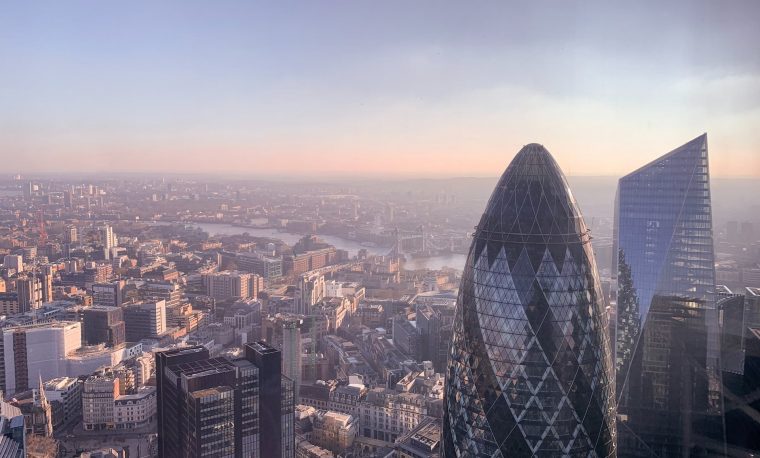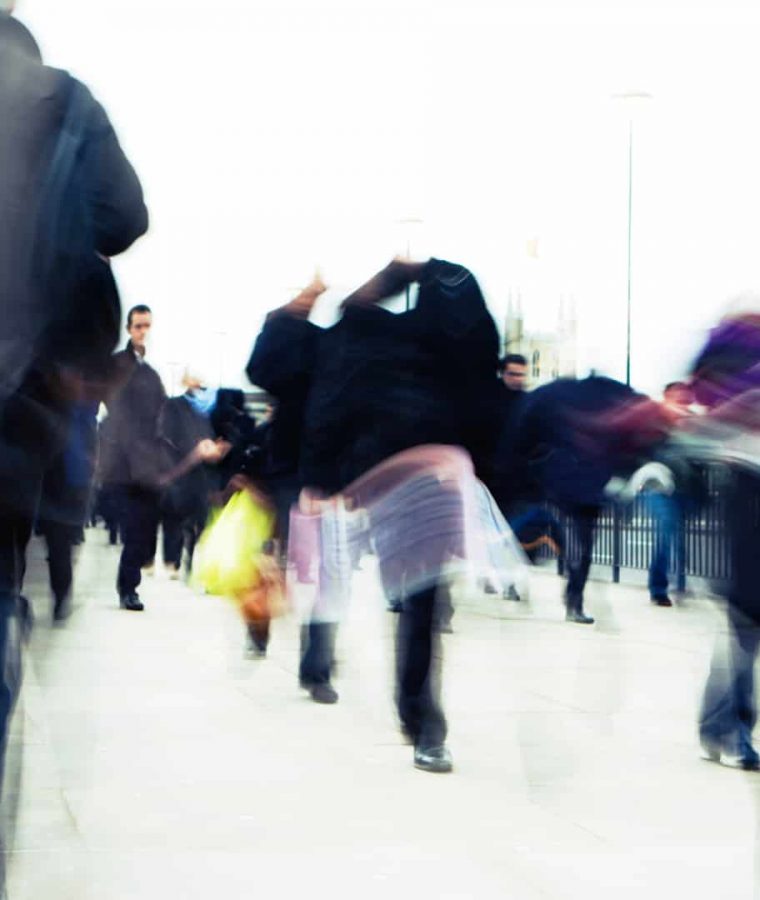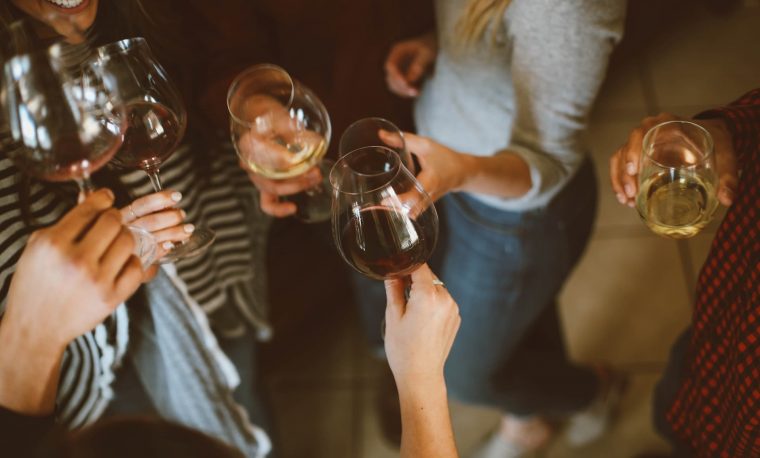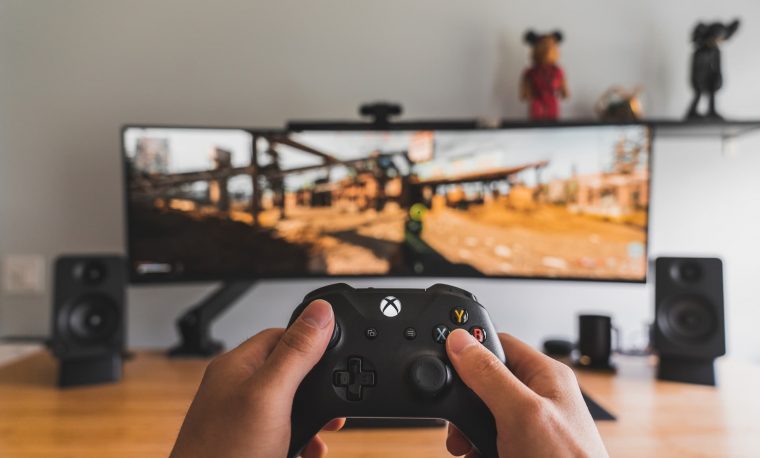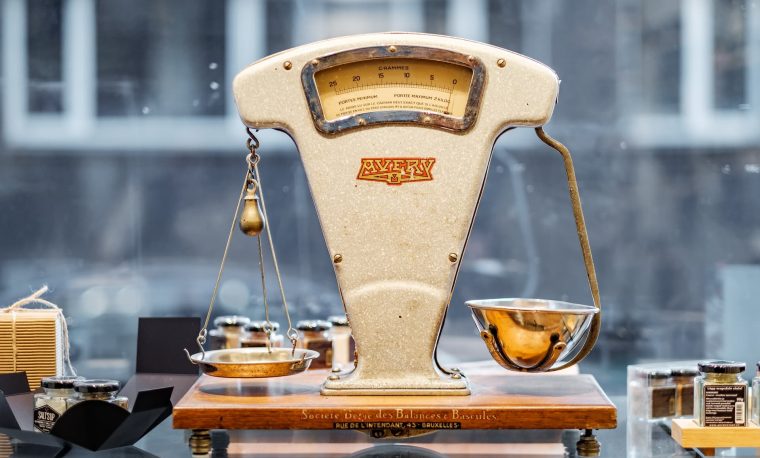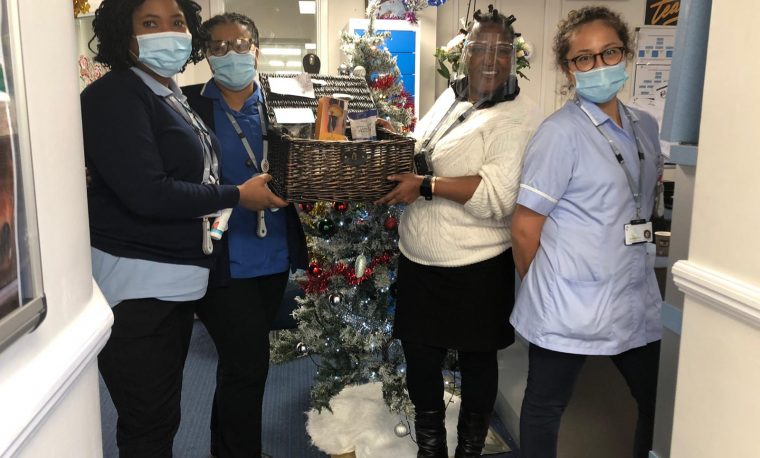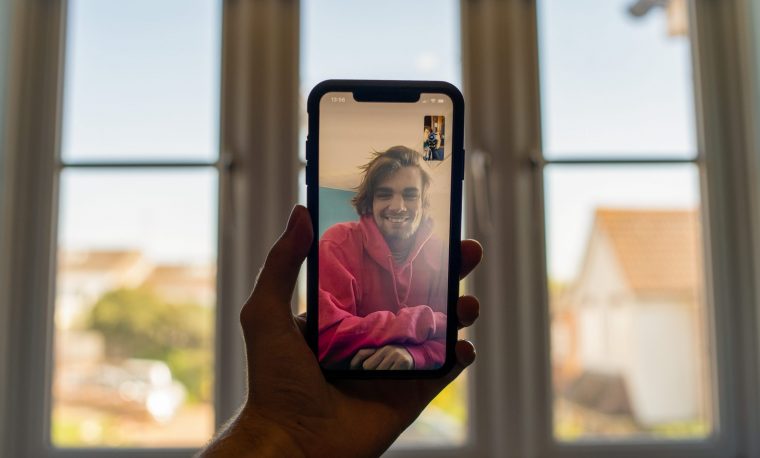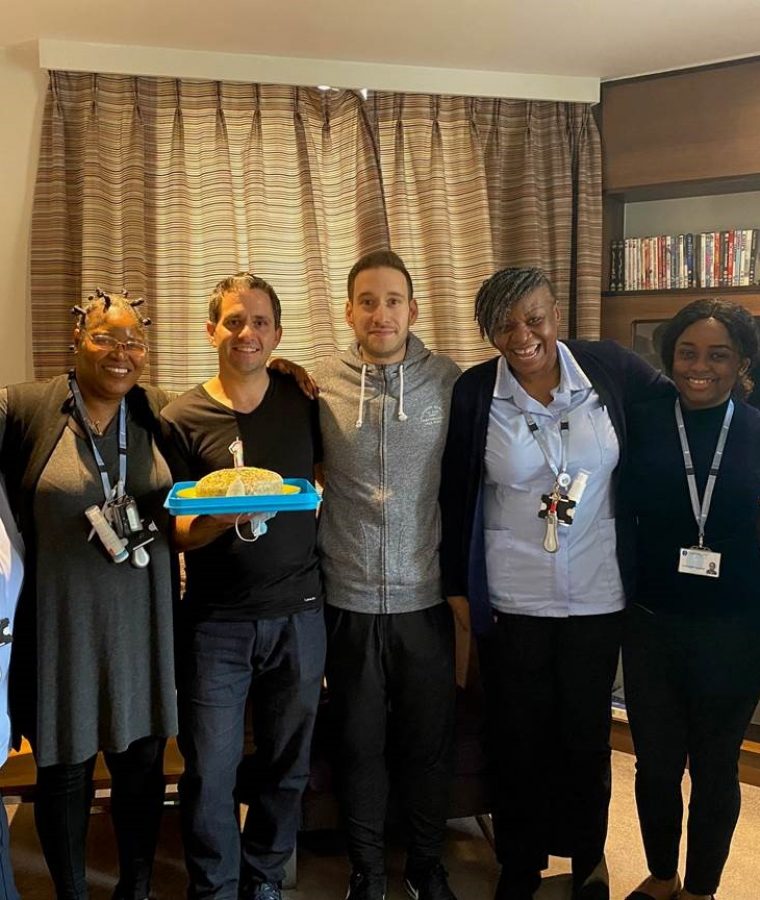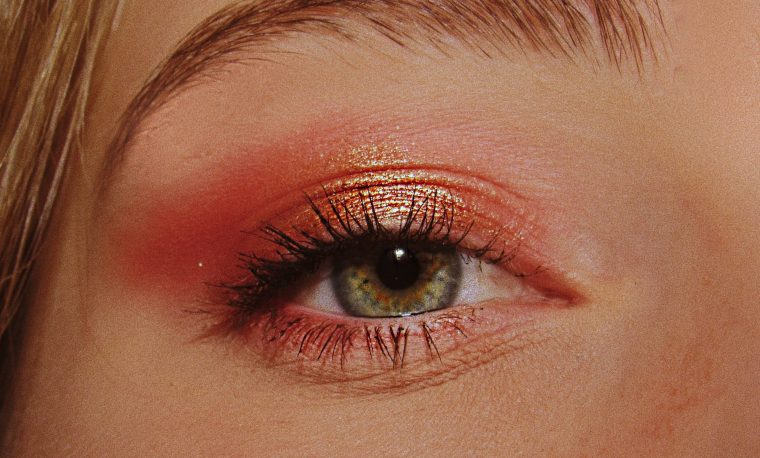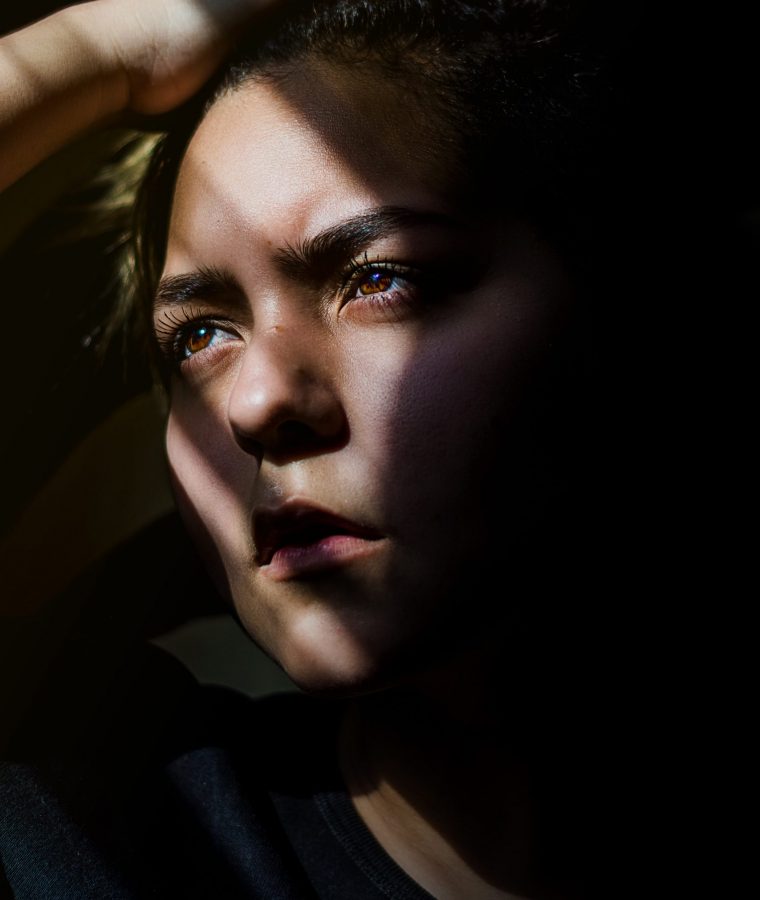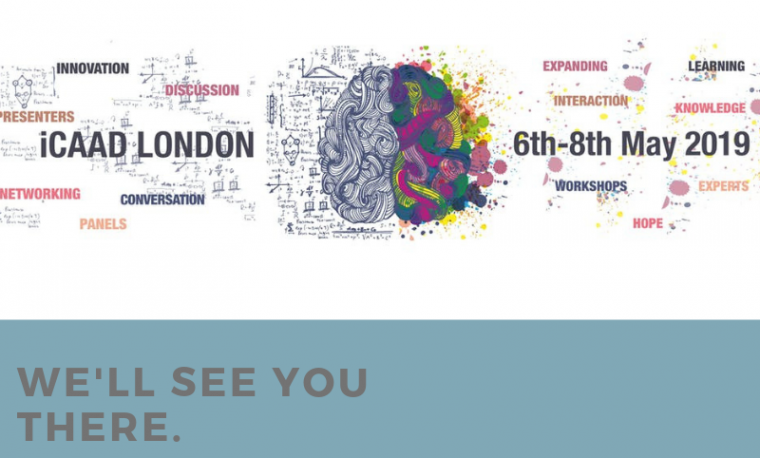Addiction treatment at Nightingale Hosptial
Our approach to addiction treatment combines individualised addiction treatment programmes, with therapies that are based on current clinical evidence. Patients can seek help for their addiction at Nightingale Hospital in an inpatient, day patient or outpatient setting.
Our addiction treatment multidisciplinary team (MDT) consists of leading consultant psychiatrists, nurses and therapists who are all specially trained in addiction. They are supported by clinical psychologists, trauma therapists, counselling psychologists and psychotherapists ensuring that we deliver specialised, evidence-based treatments.
Our expert team is highly skilled in treating all addictions, such as alcohol addiction, drug addiction (including amphetamine, benzodiazepine, cannabis, cocaine, codeine, ecstasy, heroin, inhalants, opiates and prescription drug addictions) and behavioural addictions (such as technology, gambling, sex and love, co-dependency).
Numerous factors are known to contribute to sustained recovery. Some people do recover from addiction with no professional treatment, and there is not only one path. However, the evidence is clear, professional treatment works and makes it more likely that people begin recovery and continue in recovery.
What is an addiction?
Addiction is a complex condition, characterised by an uncontrollable urge to use a particular substance (drugs or alcohol), or engage in a behaviour (gambling, technology, sex and love), despite many harmful consequences.
When someone develops an addiction to a substance or a behaviour, use will overstimulate the reward pathways in the brain resulting in pleasure. Use of the substance and behaviour can be used as a coping mechanism to avoid unpleasant feelings, thoughts or emotions. Over time, the brain function of self-regulation is diminished and control becomes almost impossible, resulting in an addiction.
An addiction can rapidly impact an individual’s mental and physical health, relationships, and finances and cause social and legal problems.
Professional addiction treatment is shown to be the most effective way to tackle addiction and support the individual in long-term recovery.
Our inpatient addiction treatment is provided via two separate modalities:
Download the programme brochure
You can view a copy of the programme brochure by completing the form below.
What happens in addiction treatment?
Through therapy, education on addiction and alternative approaches we aim to give you the knowledge and coping skills for living without the aid of mood-altering chemicals or addictive behaviours. The addiction treatment programme also has a strong focus on relapse prevention and offers an introduction to self-help groups such as AA (Alcoholics Anonymous), NA (Narcotics Anonymous), CA (Cocaine Anonymous), MA (Marijuana Anonymous) and GA (Gamblers Anonymous).
What happens in the 28-day rehabilitation treatment programme?
Our 28-day therapeutic model for recovery is underpinned by an integrative approach combining motivational interviewing, cognitive behavioural therapy, interpersonal group therapy, experiential therapy and 12-step facilitation. A key part of our comprehensive assessment is the identification of significant traumas that have played a role in causing or maintaining addictive behaviours.
The core group therapy programme takes place 7-days a week. In addition to the comprehensive group therapy programme, all patients receive weekly one-to-one therapy and attend equine-assisted therapy every Saturday. All patients are under the care of a consultant psychiatrist, with whom they have direct contact at least two times a week.
The existence of strict addiction unit guidelines, together with a caring, integrated staff; ensure the necessary boundaries for safe and effective treatment.
All patients are tested frequently and randomly for alcohol and drugs, using a variety of means, during treatment, and especially after periods of leave.
To help patients in their recovery as they transition from an inpatient to life outside the hospital, we provide free weekly aftercare support for one year following the conclusion of inpatient treatment and/or day therapy programmes.
What happens in the 7-10 day detox admission?
We offer a standalone detox admission for patients who are ambivalent about committing to a 28-day rehabilitation programme. This medically supervised detox exists to help ease the side effects of drug and alcohol withdrawal and prepare patients for recovery.
This option also exists for patients who may have relapsed after a period of recovery and can be a motivating and reinvigorating experience to help them get back on track with their recovery.
Detox admissions include some brief psychological work, and patients are given the opportunity to attend psychoeducational groups as well as a relapse prevention workshop. Through this, patients are given the time to consider what they want and what they are prepared to commit to in terms of their recovery.
Addiction treatment can include:
- Cognitive Behavioural Therapy (CBT)
- Motivational Enhancement Therapy (MET)
- Twelve-Step Facilitation (TSF)
- Recovery planning
- Interpersonal Therapy (IPT) covers relationships, anxiety and depression, and motivation and change
- Relapse prevention and education
- Life skills
- Anger management
- Equine therapy
- Relaxation and meditation
- Sleep therapy
- Drama therapy
- Art therapy
- Wellbeing programmes such as nutrition and physical therapies
Family involvement
Addiction is often said to be a family disease, as it affects not only the person with the problem, it also can overturn the emotions and lives of those close by. Research has shown that the involvement of families in the treatment process greatly increases the prospects of a person’s recovery.
In recognition of this, Nightingale Hospital has launched a free monthly family day for the families and carers of current addiction patients. This group is facilitated by a family therapist with expertise in addiction.
Those nearest to the sufferer often blame themselves, going through a range of emotions from despair, depression and guilt to anger and frustration, leaving them exhausted and having difficulty coping, as well as feeling powerless in how to deal with the situation.
The family day consists of 2 groups. One group is for family and partners only. It will offer them education in not only how to deal with the addicted person, but also how to safeguard themselves in this difficult situation. This can allow you to help your loved one in a healthy way while still being able to lead your own life.
The other group is to bring together the families and partners and the addicted person. It gives the addicted person the opportunity to learn how their addiction has affected family members and partners. It gives a forum for them both to express their thoughts and feelings.
Nightingale also offers a weekly evening family support group which is anonymous, confidential and we only use first names. A therapist experienced in addiction is present to help facilitate the meeting. We hope to give you strength and understanding so that you are more able to deal with the situation at home. You do not have to speak and can just listen, but you may join in and ask questions if you feel able. The family support group is there so that you do not have to go through this alone.
